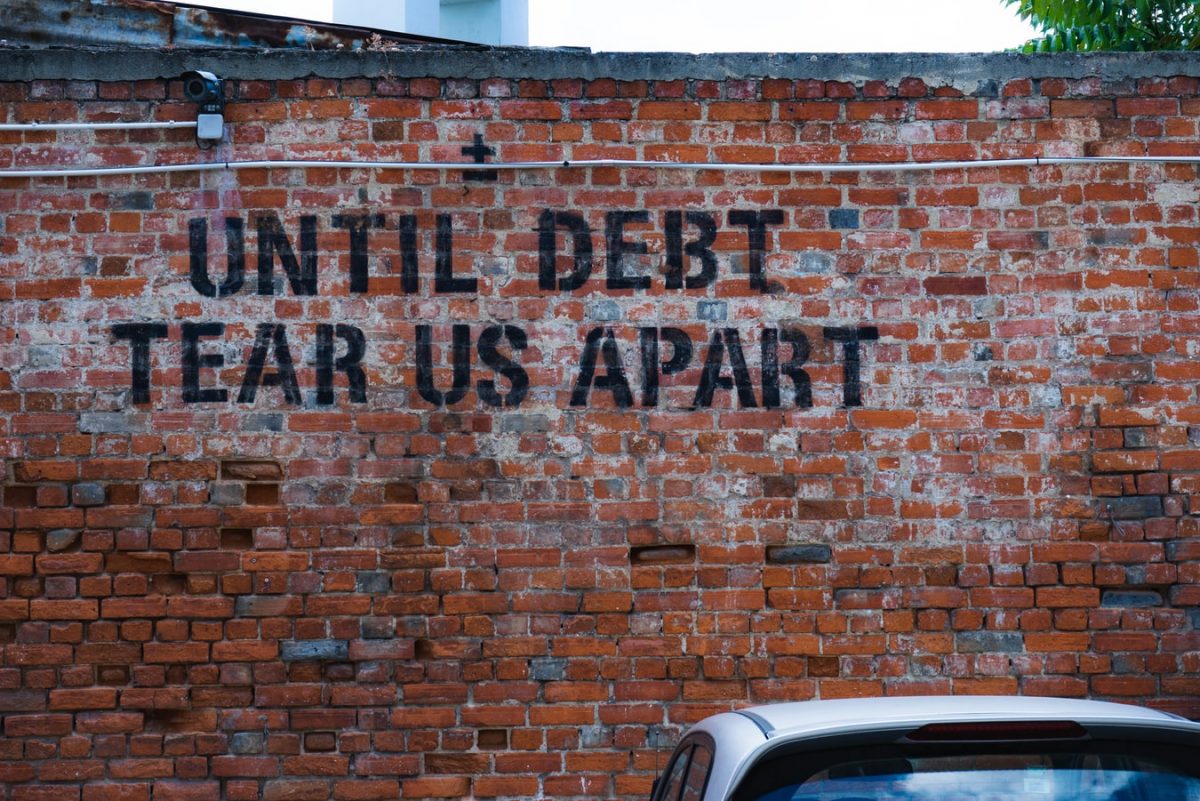Debt collection is something that whilst most would hope to never experience, may either by accident or hardship have to deal with at some point in their life. Don’t stick your head in the sand if you receive contact from a debt collector as this can lead to further negatives being put on you. Here’s a helpful guide on everything you need to know about debt collectors.
What is a debt collector?
A debt collector is a professional whose role is to collect on unpaid debts owed by themselves or on behalf of other clients. They will be remunerated either on commission of a successful debt collected, or they may ‘buy’ the debt from the previous creditor and now own the rights to any funds owed.
If the creditor (the person or business you owe money to) has engaged a debt collector, you will need to liaise with them to organise the repayment of this debt. A debt collector when contacting you may:
- Attempt to organise full payment of the debt upfront
- Offer to settle the debt upfront for a lesser amount
- Try to organise a payment plan
- Advise you on the legal ramifications for not paying
What happens if a debt collector cannot find you?
Debt collectors can attempt to find your contact details by contacting related family, relatives or workplaces in the course of their work. The debt collector is not allowed to disclose the nature of your debt owed or other private information, only that they’re attempting to contact you. With some services or loan applications you provide you may have provided details of a next of kin and this information could be used to try make contact with you.
It’s important not to ignore debt collectors attempting to contact you – always respond to contact as you can then begin negotiating with them regarding the amount owed.
Debt collector harassment
Unfortunately the debt collection industry has previously made a name for itself in having a culture of harassment against the people they’re collecting owed funds. As a result of this various government bodies have put through guidelines to help mitigate potential actions which could be seen as unconscionable or harassment. These rules include how often they can contact you, when contact can be made, who they can speak to about your debt and how they can interact with you. If you believe they have breached any of the debt collection guidelines you can put in a complaint to the relevant ombudsman or to the creditor who has engaged the debt collection agency.
Is there a debt collector ombudsman?
There currently isn’t a specific ombudsman for the debt collection industry, but there are still options. Some ombudsmen are members of the Australian Financial Complaints Authority (you can check their membership here) or you can instead refer your complaint to the creditors related ombudsman. The most common ombudsmen include:
Australian Financial Complaints Authority: https://www.afca.org.au/
Telecommunications Industry Ombudsman: https://www.tio.com.au/
Energy and Water Ombudsman Services (by State): https://www.aer.gov.au/consumers/useful-contacts-for-customers
You will need to follow the dispute resolution process with ombudsmen services so look up the requirements before putting in a complaint to increase the likelihood of getting a positive resolution for your situation.
Check out our guides on Australian Debt Collection Companies:

